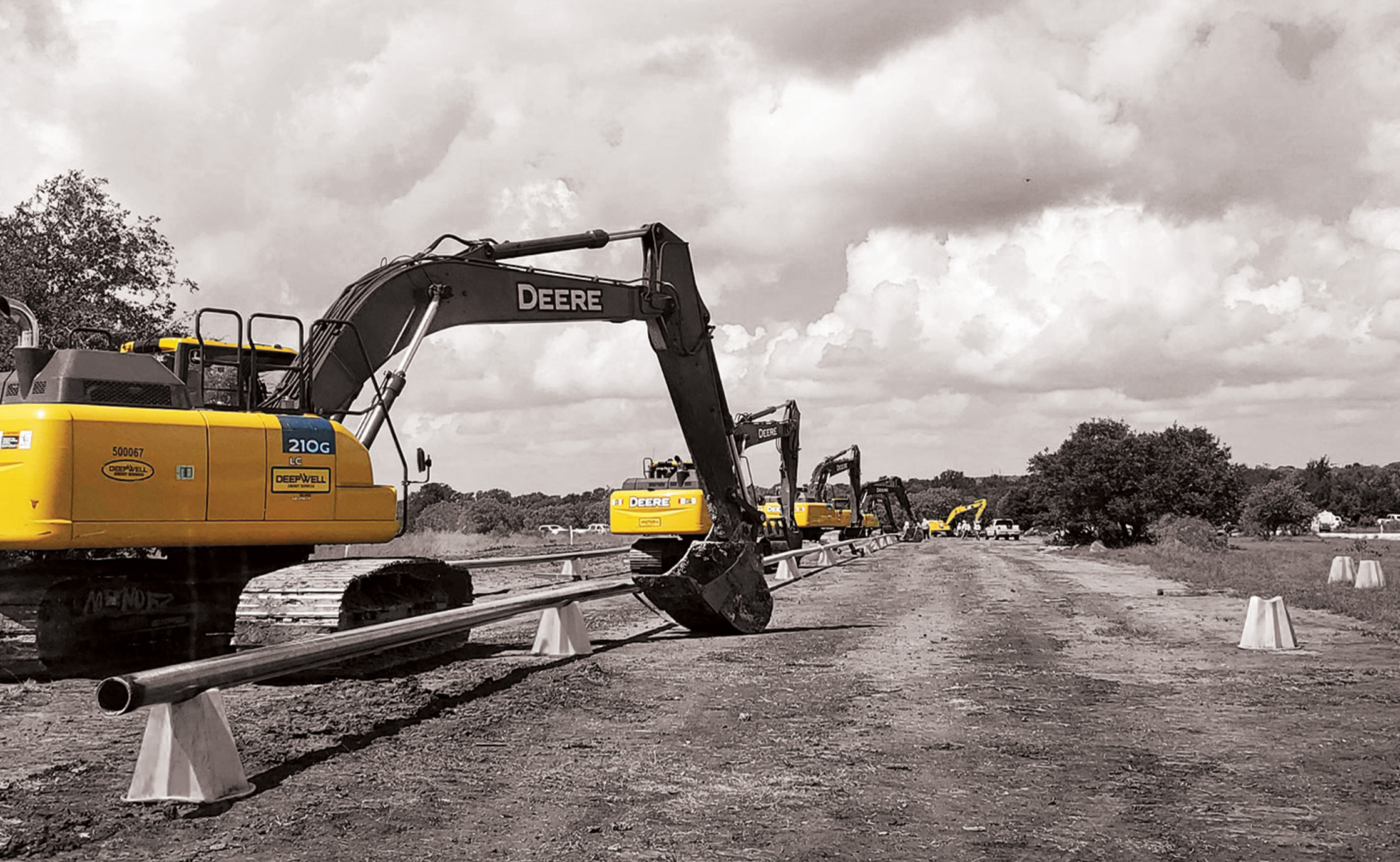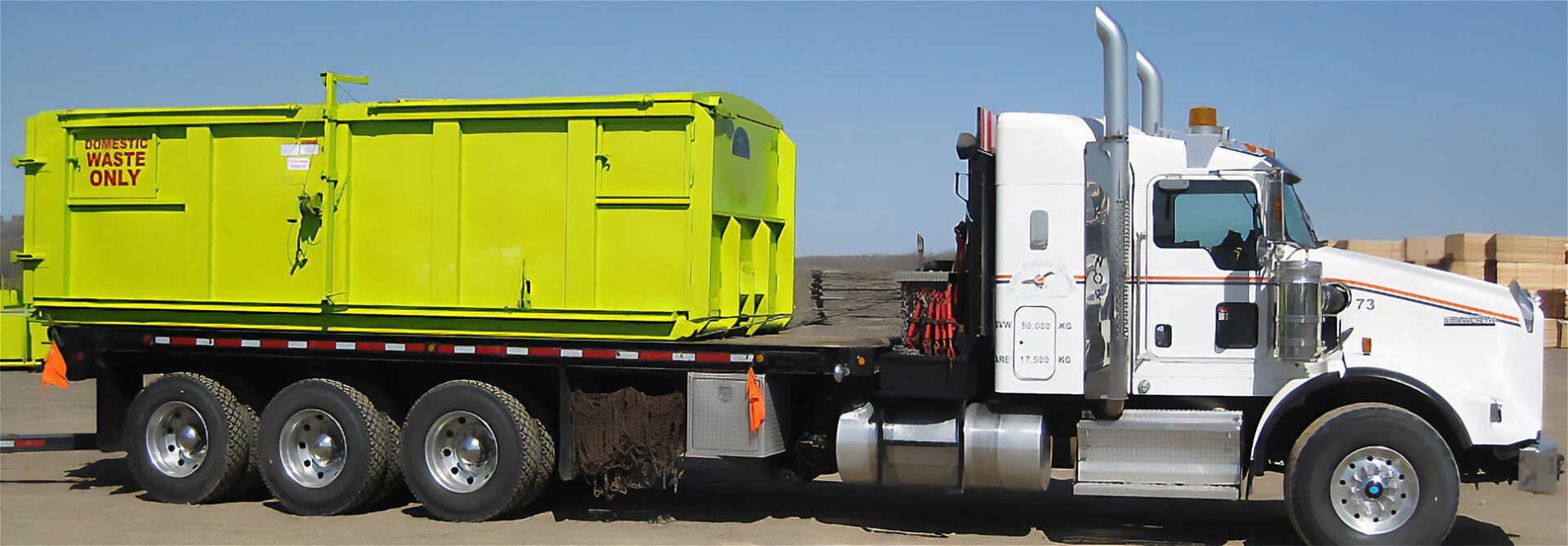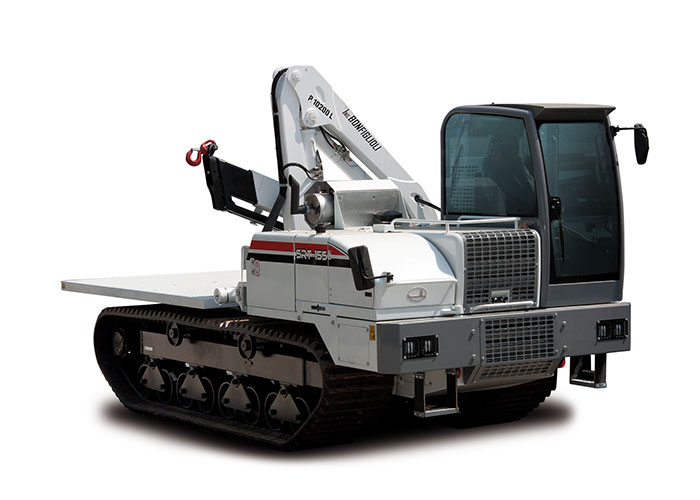Superior rentals squeeze tools: applications explained for technicians
Wiki Article
A Comprehensive Overview to the Different Kinds Of Oil Field Equipment and Pipeline Equipment Available
The oil and gas sector counts greatly on specific equipment for effective extraction and transportation. Different types of machinery, from piercing rigs to storage space tanks, play crucial functions in this intricate process. Each tool serves distinct functions that contribute to overall functional success. Recognizing these elements is vital for any individual included in the market. As the market evolves, so too do the modern technologies that support it. What advancements are on the horizon?
Drilling Rigs: The Backbone of Oil Exploration
Drilling rigs work as the necessary equipment in the domain of oil expedition, making it possible for firms to gain access to hydrocarbon gets buried deep underneath the Earth's surface. These rigs are available in various types, consisting of land rigs, offshore rigs, and mobile systems, each made to operate in details atmospheres. Equipped with sophisticated modern technology, drilling rigs can permeate geological developments with precision, making sure reliable resource extraction. The architectural honesty and functional capabilities of these rigs are essential, as they must stand up to severe problems and significant pressures. In addition, the choice of a drilling rig influences the overall job price and timeline, making it an essential consideration for oil business seeking to enhance their expedition initiatives and take full advantage of performance in their procedures.Pumps: Necessary for Liquid Motion
In the oil extraction procedure, the function of pumps is substantial, promoting the activity of liquids throughout various phases of manufacturing. Pumps are crucial for transporting petroleum, water, and various other fluids from underground reservoirs to the surface and after that through pipelines to refineries. They are available in numerous kinds, including centrifugal, favorable variation, and submersible pumps, each serving particular purposes based upon the liquid characteristics and operational needs. Centrifugal pumps are generally made use of for their efficiency in high-flow applications, while favorable displacement pumps stand out in taking care of viscous liquids. The choice of pump influences overall performance, operational safety, and maintenance prices. Proper selection and maintenance of pumps are essential for optimizing production and reducing downtime in oil field operations.Valves: Controlling Circulation and Pressure

Valves play an essential duty in handling the circulation and pressure of fluids within oil areas and pipelines. Various kinds of shutoffs serve unique applications, each developed to meet specific functions essential for effective procedure - Superior Rentals reviews. Recognizing the qualities and uses of these shutoffs is essential for optimizing system performance and safety
Types of Valves
Essential elements in oil field procedures, shutoffs play an essential function in managing the circulation and stress of liquids within pipes and equipment. Various sorts of valves are used to fulfill the varied demands of oil and gas production. Common types include gateway shutoffs, which offer a straight-line flow and marginal pressure drop; globe shutoffs, recognized for their strangling capacities; and sphere valves, recognized for their fast on/off control. In addition, check valves avoid backflow, while butterfly valves offer a light-weight service for regulating flow. Each shutoff kind is created with particular products and setups to stand up to the extreme problems usually found in oil areas, ensuring integrity and effectiveness in procedures. Comprehending these types is crucial for efficient system management.Valve Applications and Functions
While different sorts of valves serve unique functions, their primary applications focus on regulating flow and stress within oil and gas systems. Valves such as entrance, globe, and round shutoffs control liquid motion, guaranteeing peak performance and security. Gate shutoffs are commonly made use of for on/off control, supplying very little flow resistance. Globe shutoffs, on the various other hand, offer accurate flow law, making them suitable for strangling applications. Ball shutoffs are favored for their quick operation and limited sealing capabilities. In enhancement, stress safety valve are vital for preventing system overpressure, securing devices stability. On the whole, the ideal choice and application of valves enhance functional efficiency, guaranteeing the reputable transport of oil and gas via pipes and handling centers.Compressors: Enhancing Gas Transportation
Compressors play a vital role in the effective transport of gas, making sure that it moves smoothly via pipelines over cross countries. These tools boost the stress of natural gas, permitting it to get over friction and altitude adjustments within the pipeline system. In addition, compressors help with the harmonizing of supply and need, suiting fluctuations in usage and manufacturing prices. Different kinds of compressors are employed in the market, including centrifugal, reciprocating, and rotary screw compressors, each offering distinct benefits based upon the functional demands. Normal maintenance of these compressors is necessary to maximize performance and decrease downtime, eventually contributing to a dependable gas transportation network. Their important function underscores the value of compressors in the general oil and gas infrastructure.Storage Tanks: Safe and Efficient Liquid Administration
Efficient transportation of gas counts on different support group, among which is the proper management of tank. These storage tanks play a vital role in securely consisting of fluids, guaranteeing that functional effectiveness is maintained while decreasing ecological risks. Created from here long lasting materials, they are designed to stand up to high pressures and destructive elements. Effectively sized and purposefully located, storage containers help with the smooth circulation of natural gas and other liquids, protecting against traffic jams in supply chains. Routine maintenance and tracking are crucial to discover leaks or structural concerns, promoting safety and security and compliance with regulatory standards. Inevitably, the efficient management of tank is important for the general integrity and dependability of the oil and gas industry's liquid handling systems.
Pipeline Solutions: Framework for Transport
Pipeline systems work as the backbone of the oil and gas sector, facilitating the reliable transport of hydrocarbons over huge distances. These systems are composed of various parts, including pipelines, valves, pumps, and compressors, all meticulously designed to ensure seamless circulation. The products utilized in pipeline construction, frequently steel or high-density polyethylene, are chosen for resilience and resistance to rust. Pipeline networks can span throughout land and water, linking production sites to refineries and distribution. Furthermore, progressed technology makes it possible for real-time tracking of circulation rates and pressure levels, improving functional efficiency. The calculated positioning of these pipes lessens ecological impact while taking full advantage of resource accessibility, thereby playing a vital duty in meeting power needs worldwide.Security Equipment: Ensuring Worker and Environmental Defense
The operation of pipeline systems, while important for power transportation, also presents considerable safety and security challenges for workers and the setting. Safety and security tools plays a significant role in reducing these risks. Personal safety equipment (PPE) such as headgears, handwear covers, and non-slip footwear safeguards employees from physical dangers. Additionally, gas detection systems keep track of for leakages, making certain that dangerous compounds do not posture a danger to personnel or the bordering ecological community. Emergency shutdown systems are important for rapidly stopping procedures during a crisis, preventing potential calamities. Spill control materials, including absorbents and obstacles, are essential for decreasing ecological effect. On the whole, purchasing comprehensive security devices is critical for maintaining functional stability and protecting both employees and the setting in the oil and gas market.
Often Asked Inquiries
How Do I Select the Right Oil Field Equipment for My Task?
Picking the ideal oil area equipment involves evaluating project requirements, spending plan restraints, and functional demands. Think about elements such as equipment integrity, compatibility with existing systems, and the distributor's online reputation to assure peak efficiency and security.What Are the Maintenance Needs for Oil Field Equipment?
Upkeep demands for oil field equipment consist of regular evaluations, lubrication, and prompt repair services. Operators must additionally stick to supplier standards, display efficiency metrics, and guarantee conformity with security policies to enhance long life and effectiveness.
Just How Can I Ensure Compliance With Environmental Regulations?
To ensure conformity with ecological guidelines, firms must conduct regular audits, carry out finest practices, spend in training, preserve appropriate documents, and remain upgraded on legislation (Superior Rentals midland). Collaboration with ecological companies can additionally boost adherence to lawsWhat Is the Typical Lifespan of Pipeline Equipment?
The typical life-span of pipeline equipment generally varies from 20 to 50 years, depending on elements such as worldly high quality, ecological problems, and upkeep methods. Routine examinations can greatly influence longevity and operational efficiency.Exactly how Do I Securely Deliver Oil Field Equipment to Remote Locations?
Delivering oil field equipment to remote locations calls for careful preparation, consisting of route assessment, safeguarding authorizations, using appropriate vehicles, and making certain safety protocols are adhered to. Correct training and interaction amongst teams are necessary for effective transport.Report this wiki page